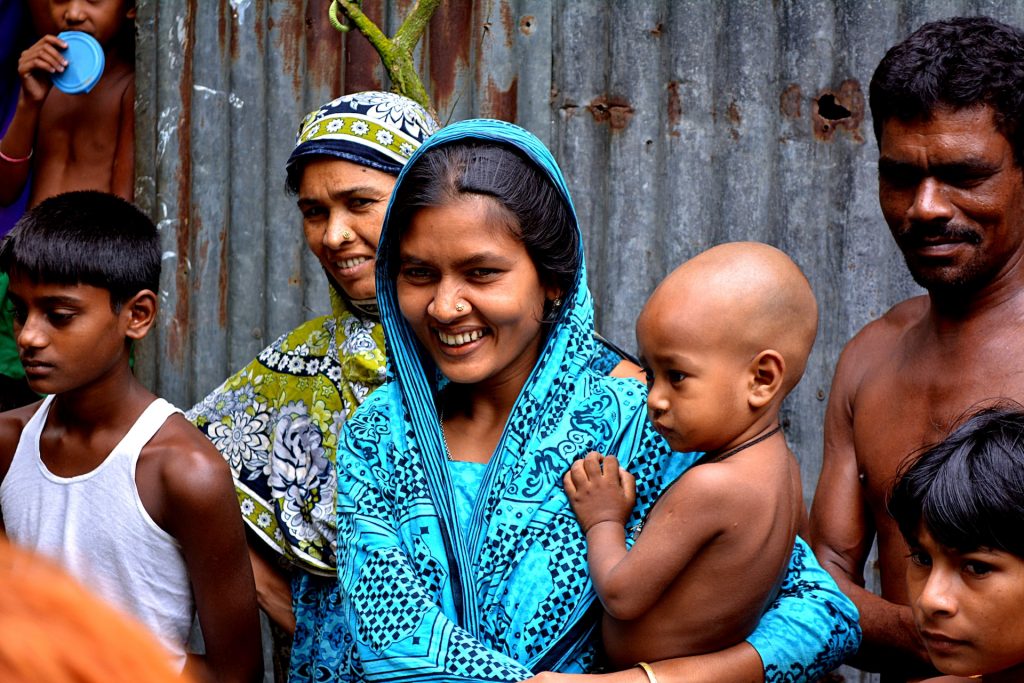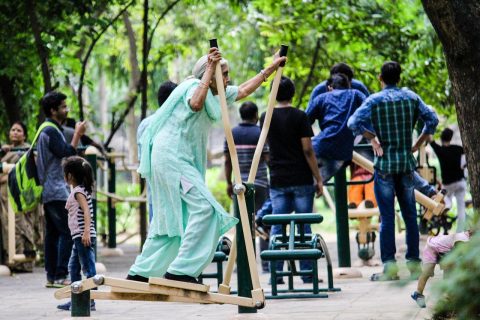Ageing is a natural part of life, and as our society evolves, understanding the factors that contribute to successful ageing has become increasingly important. In India, the proportion of people aged 60 and above is expected to rise significantly over the coming years, posing new challenges for healthcare and public policy. Successful Ageing is a multidimensional concept that involves physical health, lifestyle, and social engagement, and it is vital to ensure the well-being of older individuals in our society.

Defining successful ageing
Successful Ageing is not merely about growing old; it’s about growing old with grace and vitality. It is characterized by good physical and mental health, a high level of cognitive and physical functioning, and active social engagement. A combination of lifestyle choices, social support, and environmental factors can significantly impact how an individual ages successfully.
Urban vs. Rural Ageing
In India, the differences between urban and rural living conditions have a substantial impact on Ageing. Urban areas tend to offer better access to healthcare services, but they also have higher rates of chronic diseases and lifestyle-related health issues. Rural areas, on the other hand, may have fewer healthcare resources, but residents often enjoy a healthier lifestyle.
Understanding the rural advantage
Surprisingly, our study found that rural-dwelling older adults in India are more likely to age successfully compared to their urban counterparts. One possible explanation is the lower prevalence of chronic diseases in rural areas. However, this lower prevalence may be due to under-diagnosis and under-reporting, meaning that rural residents may be suffering from these conditions without adequate medical attention.

The rural-urban divide
Several factors contribute to the rural-urban differences in successful Ageing in India. Lifestyle factors such as obesity, smoking, alcohol consumption, and physical activity play a significant role. Rural areas tend to have healthier lifestyle choices, contributing to a higher rate of successful Ageing.
Gender matters
Gender is another critical factor in the rural-urban Ageing divide. Older women, especially those in rural areas, face multiple challenges, including lower physical and mental health. These challenges may result in a lower score for successful Ageing among older women.
Socioeconomic disparities
Socioeconomic status is also a key factor influencing successful Ageing in India. Rural areas tend to have lower socioeconomic status, which can limit access to healthcare and social support. This lower status is a significant contributor to the rural-urban disparities in successful Ageing.
The path forward
To address the rural-urban divide in successful Ageing, we need comprehensive policies and interventions that focus on lifestyle choices, social engagement, and healthcare access. Encouraging healthier lifestyle choices, promoting physical activity, and supporting social activities are essential for both rural and urban older adults.
Additionally, the challenges older migrants from rural to urban areas face should be explored further. These individuals may experience poor health status and financial burdens related to healthcare costs, which can affect their chances of successful Ageing.
Conclusion
In India, Ageing is a complex process influenced by a range of factors, including lifestyle, gender, and socioeconomic status. Our study sheds light on the rural-urban differences in successful Ageing and emphasizes the need for targeted interventions to bridge this gap. By focusing on promoting healthy behaviors, social engagement, and better healthcare access, we can improve the quality of life for older individuals in both rural and urban areas. Further research is required to delve deeper into the mechanisms behind successful Ageing and develop effective strategies to support our Ageing population.
Explore cognitive tests and receive personalised guidance from our experts on your path to optimal brain health. Your journey towards cognitive well-being begins here! You can also benefit from finding out your cognitive age and how it compares to your actual age.
Credit: T. Muhammad, Shobhit Srivastava, Babul Hossain, Ronak Paul, and T. V. Sekher
We thank the authors for their valuable research on the topic of rural-urban differences in successful Ageing among older Indian adults. Their work contributes to our understanding of the factors that influence the Ageing process and highlights the importance of addressing these issues to ensure the well-being of older individuals in India. This article is a layman’s summary of their research, aiming to make their findings accessible to a wider audience. You can also read about the journey to mental and physical wellness in India here.




